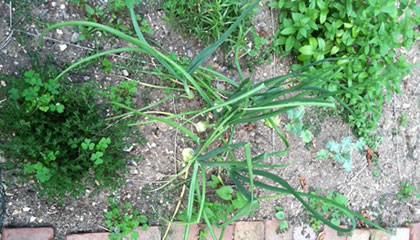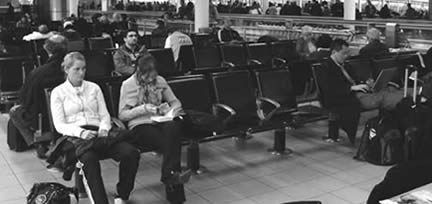
I don’t know about your garden, but weeds have beset mine. The tall ones grasp the earth with such intensity that it seems impossible to uproot them, even with a shovel, which also shows you how long I have ignored them. The groundsels prickle my hands when I try to pull them. Garlic mustard, buttonweed, and thistle all seem intent on camping here for the summer, along with their other unnamed friends. Both rain and sun encourage weeds more than they do marigolds or lettuce or basil or peppers. “Why is that?”, I ask myself.
I bemoan the garden’s appearance, probably as it reflects a certain casualness in my approach to gardening. Or perhaps, it is because I have an image in my mind of the well-tended, beautiful garden I had imagined last March, and the reality falls short.
When I blame myself for the weeds in the garden, I am dispirited and my motivation sinks. The truth is, weeds in the garden are no reflection on me, or the garden, or them. Weeds are part of the gardening process. If I accept them as part of the gardening process, I bypass the self-criticism and get to work pulling them, coming that much closer to transforming my unkempt garden to a beautiful one.
It is the same with weeds in our minds. From time to time, most of us have negative thoughts popping into our heads. And, often these thoughts attack our self-worth and raise fears about our ability to deal with some aspect of our life. They can be thoughts like: “I can’t do anything right;” “My boss doesn’t like me;” “I will never get through the day;” “I don’t have time to take care of myself;” “I am too old to learn new things.” I am sure you could add a few to this list. Often we forget that we are most vulnerable to the growth of these weeds in our minds when we are doing too much, dealing with stress, resting too little, and eating poorly.
My work with my yoga teacher and my yoga practice help me to gain perspective. I come to see these thoughts and fears as being in the nature of things. With the practice of breath and movement, I relax, creating space in my body and mind. With a sense of spaciousness in me and around me, my fear lessens. I become aware how lack of rest or doing too much creates fertile soil for the weeds in my mind to grow. I gain a sense of perspective, and I can begin to accept that those thoughts are just in the nature of things. Then, the garden of my mind has room for flowers to blossom.
